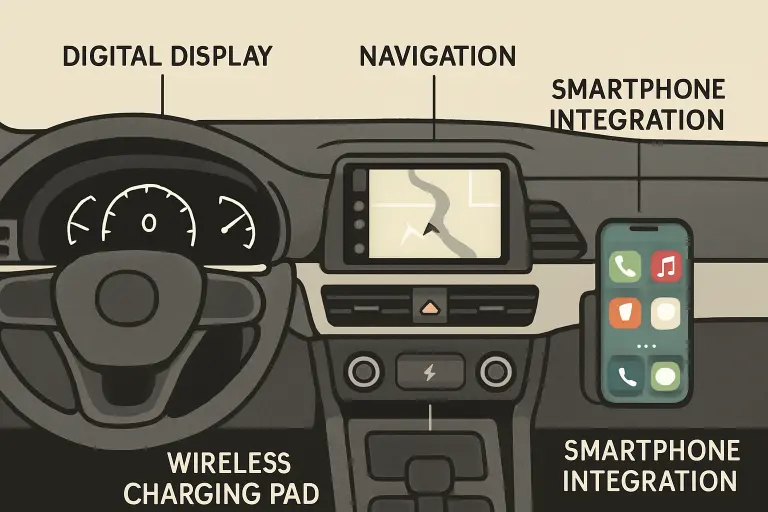In today’s data-driven world, companies are increasingly recognizing the value of leveraging data for competitive advantage. From improving decision-making to enhancing customer experiences, data has become a critical asset for organizations looking to thrive in an increasingly competitive marketplace. However, while many organizations claim to be data-driven, only a select few truly embody the principles of a data-driven enterprise. Here, we explore some key traits that distinguish a truly data-driven enterprise and outline the path to success in leveraging data effectively.
Table of Contents
Embracing Integration: Leveraging HubSpot Integration
At the core of a data-driven enterprise lies the seamless integration of data from various sources and systems. Platforms like HubSpot play a crucial role in enabling organizations to connect disparate data sources and systems, such as customer relationship management (CRM) platforms, marketing automation tools, and sales pipelines. A HubSpot integration with other essential business applications can centralize data, streamline workflows, and gain a comprehensive view of their operations and customers. This integration lays the foundation for data-driven decision-making and empowers organizations to derive insights that drive business growth and success.
Cultivating a Data-Driven Culture: Fostering Mindset and Behaviors
Beyond technology and tools, a truly data-driven enterprise cultivates a culture that values data-driven decision-making at all levels of the organization. From frontline employees to C-suite executives, everyone within the organization understands the importance of data and actively seeks to leverage it in their day-to-day activities. This involves promoting data literacy, providing training and resources to employees, and rewarding behaviors that prioritize data-driven approaches. By fostering a data-driven culture, organizations can harness the collective intelligence of their workforce and drive continuous improvement and innovation.
Making Data-Driven Decisions: Prioritizing Insights Over Intuition
In a data-driven enterprise, decisions are guided by data and insights rather than intuition or gut feeling alone. Leaders rely on data-driven metrics and analytics to inform strategic decisions, identify trends and patterns, and evaluate the effectiveness of initiatives. Whether it’s determining product development strategies, optimizing marketing campaigns, or allocating resources, data-driven decision-making ensures that organizations are agile, responsive, and focused on achieving measurable outcomes. By prioritizing insights over intuition, data-driven enterprises can mitigate risks, seize opportunities, and stay ahead of the competition.
Driving Continuous Improvement: Iterating Based on Data Insights
Continuous improvement is a hallmark of a data-driven enterprise, driven by the constant iteration and refinement of strategies and processes based on data insights. Organizations actively monitor key performance indicators (KPIs), analyze performance metrics, and identify areas for optimization and enhancement. Through techniques such as A/B testing, predictive modeling, and performance tracking, data-driven enterprises continuously experiment, learn, and adapt to changing market dynamics and customer preferences. This iterative approach enables organizations to stay agile, responsive, and resilient in the face of uncertainty and complexity.
Ensuring Data Security and Compliance: Prioritizing Trust and Integrity
In a data-driven enterprise, data security and compliance are paramount considerations to ensure trust and integrity in data management practices. Organizations implement robust security measures to protect sensitive data, adhere to regulatory requirements, and mitigate the risk of data breaches or privacy violations. This involves implementing access controls, encryption protocols, and data governance frameworks to safeguard data throughout its lifecycle. By prioritizing data security and compliance, data-driven enterprises build trust with customers, partners, and stakeholders and maintain the integrity of their data assets.
Conclusion
In conclusion, the traits of a data-driven enterprise extend far beyond technology and tools to encompass culture, decision-making processes, continuous improvement, and data security. By embracing integration, cultivating a data-driven culture, making data-driven decisions, driving continuous improvement, and prioritizing data security and compliance, organizations can unlock the full potential of data to drive innovation, agility, and success. As data continues to play a central role in shaping business strategies and operations, becoming a truly data-driven enterprise is essential for staying competitive and thriving in the digital age.



























































































































































































































































































































































































































































































































































































































































































































































































































































































































































































































































































































































































































































0